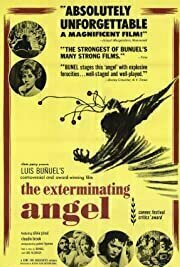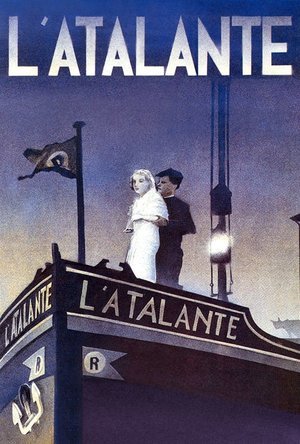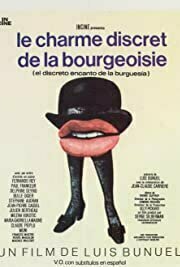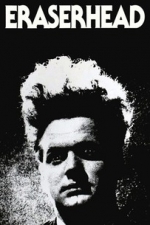Search
Search results
Pedro Costa recommended The Exterminating Angel (1962) in Movies (curated)
Tim Forbes recommended L'Atalante (1934) in Movies (curated)
Edgar Wright recommended The Discreet Charm of the Bourgeoisie (1972) in Movies (curated)
Kirk Bage (1775 KP) rated The Discreet Charm of the Bourgeoisie (1972) in Movies
Jan 28, 2021
The self confessed king of cinema surrealism, Luis Buñuel has 15 feature films listed as 7.5 or higher on IMDb, proving his life’s work is more loved and respected as you might think. This title was the only one I had really heard of being talked about by serious film folk that stuck in my mind, so it was as good a place as any to start with. It is an odd beast that I had a little trouble getting onboard with. It feels entirely 70s and kitsch, and on the surface feels at times little better than The Confessions of a Window Cleaner, or some such bawdy farce. To say it is a comedy is to take comedy to mean intellectual absurdism that pokes fun at the conventions and habits that lurk inside humanity, and the sophistication that masks our base instincts and flaws. I got the “joke”, it just all feels very dated now.
The cast have a lot of fun in the dreamlike landscape of manners and appetites, and the symbolism that abounds is indeed quite clever and arch if you want to analyse it. What I did like is how it feels increasingly like an actual dream, where things done and said begin to lose true meaning, and events and places merge into one flow of madness. You can definitely see a lot of ideas here that have been borrowed by other films since, and I appreciate what it tries to do, but ultimately this one left me a little cold. It has a pompous and smug air about it that is not for me, although I totally understand why it is held in high regard. I will probably never choose to watch it again.
The cast have a lot of fun in the dreamlike landscape of manners and appetites, and the symbolism that abounds is indeed quite clever and arch if you want to analyse it. What I did like is how it feels increasingly like an actual dream, where things done and said begin to lose true meaning, and events and places merge into one flow of madness. You can definitely see a lot of ideas here that have been borrowed by other films since, and I appreciate what it tries to do, but ultimately this one left me a little cold. It has a pompous and smug air about it that is not for me, although I totally understand why it is held in high regard. I will probably never choose to watch it again.



